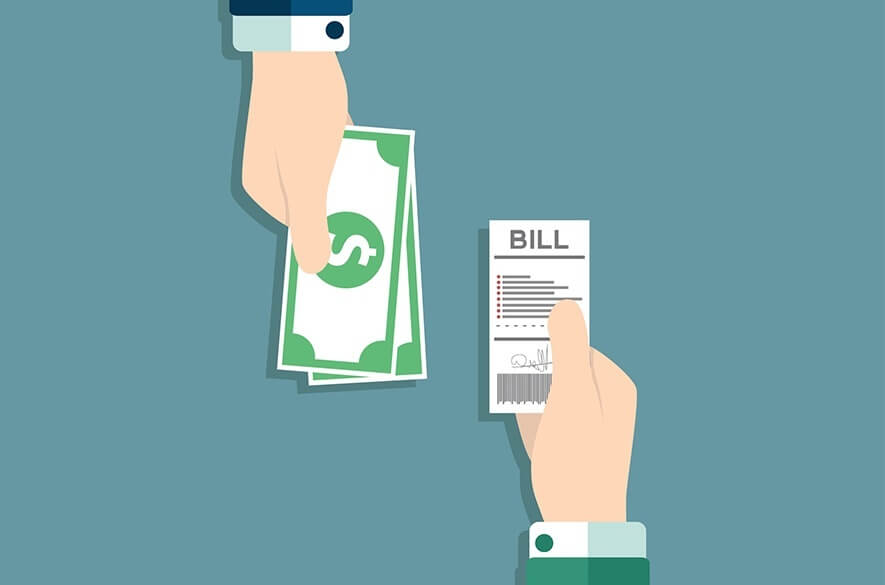Most 2017 annual maintenance fees for vacation ownership have now been paid so it’s not too early to think about the 2018 communications and payment cycle. A good place to start is reviewing industry best practices, which can help you lower the cost of communications and reduce delinquencies.
A smart move is shifting owners to digital communications and payments. Many owners, especially GenXers and millennials, like the option of forgoing paper communications, which research shows increases engagement and satisfaction while decreasing printing and postage costs. A good way to increase sign-ups for electronic delivery and payments throughout the year is promoting the option on other homeowner communications such as newsletters and at events including annual meetings.
Emailed communications also provide a cost-effective way to follow another best practice, which is sending timely payment reminders leading up to the maintenance fee due date. Most maintenance fee statements are delivered two to three months prior to the due date, so owners will delay payment and then forget to pay. A simple payment reminder sent 30 or even 15 days before the due date will result in a surge of payments and prevent owners from inadvertently paying late.
Another pain-saving step is helping owners better time their payments. When it comes to invoicing annual assessments, 90% fall into a winter schedule. That means most invoices come due in December or January and owners are likely to be paying the annual assessment right before or after the holidays. Ouch!
Some leading operators allow vacation owners to pre-pay their HOA fees before the holiday season. To make prepayment easier, an HOA or management company could set up an online payment portal that lets homeowners pay fees via bank account (ACH), credit card or debit card. It gives owners the ultimate flexibility to pay based on their individual preferences.
One strategy to encourage early payment of maintenance fees is to offer an incentive for doing so. A possible incentive could be a certificate for an extra week of vacation that does not count against the vacation owner’s regular week. Interval International, a leading global provider of vacation ownership services, routinely offers to its resort affiliates these types of certificates. The use of such certificates as incentives can generate a big spike in early payments.
Another option, or in concert with an incentive, HOAs could set up a monthly or quarterly pre-payment plan beginning in 2017 for the following year’s (2018) assessment. The homeowner would simply create a recurring, automatic payment on a credit or debit card, and then the annual assessment becomes a more manageable part of the family budget. Equiant, a leading loan and maintenance fee servicing company for vacation ownership, offers this pre-payment option to its clients, which accelerates cash flow and reduces delinquencies.
At Nordis Technologies, we make setting up these types of automatic electronic payments easy and cost-effective. With our ExpressoPay platform, companies can add valuable digital consumer services such as electronic bill presentment, and accept payments via computer, mobile device or over the phone. ExpressoPay works seamlessly with Expresso, our cloud-based application that lets companies create and manage critical print and digital communications including maintenance fee statements.
While the best practices I’ve discussed won’t prevent all late payments, they will give owners and HOAs more convenient and attractive options for handling annual fees while reducing communications costs. And that’s a win for everyone.
About the Author
Bryan joined Nordis Technologies in 2016 to manage and grow the company’s already-large vacation ownership client base. He also is responsible for business development and market expansion in the healthcare and financial services markets. Before joining Nordis, Bryan spent more than 21 years with Interval International, a leading global provider of vacation ownership services. Bryan graduated from Northwestern University with a bachelor of science in political science.

